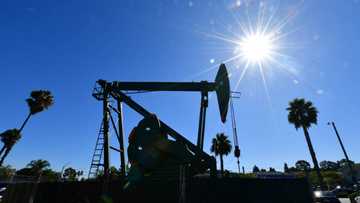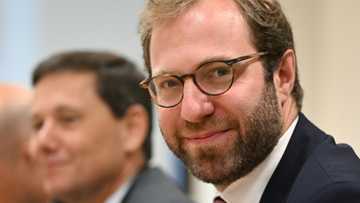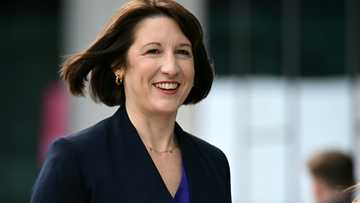US economy's solid growth unlikely to register at ballot box
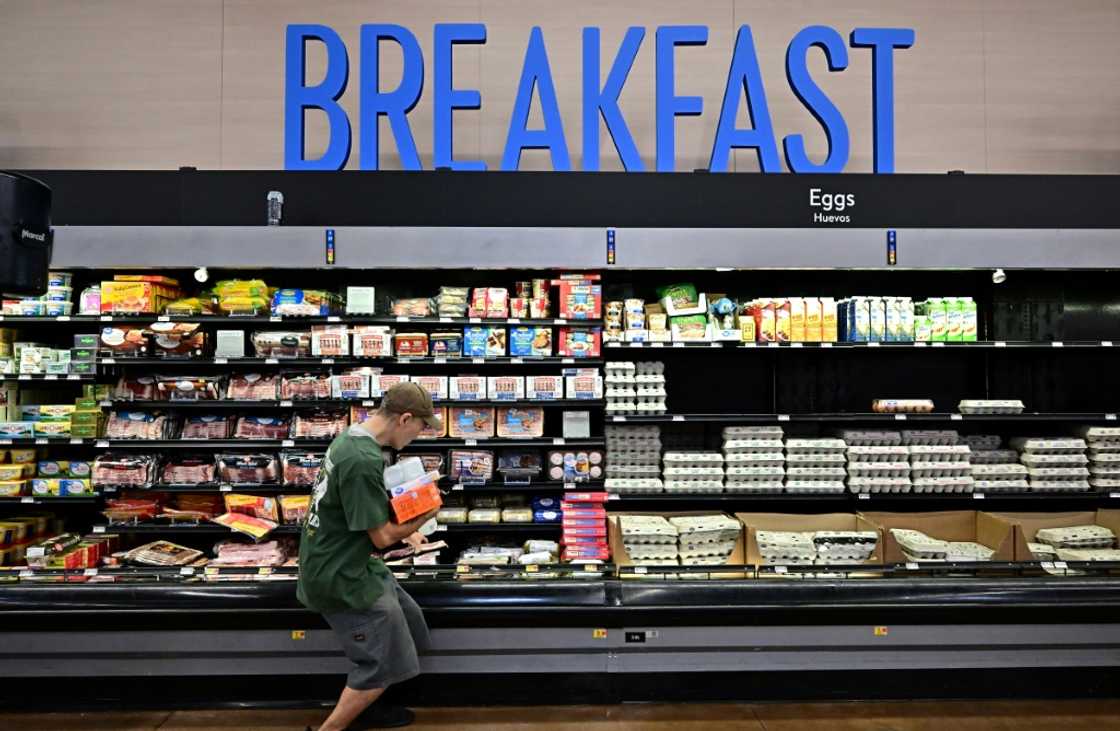
Source: AFP
Do not miss an opportunity to join FREE webinar by Legit.ng. AI in Action: Practical Skills for Creative Professionals. Register here!
The US economy is set to report another quarter of solid growth Wednesday, less than a week before the presidential election, but analysts say it remains unclear if positive data can sway inflation-weary voters.
Despite spending more, American consumers have been downbeat about their job and financial prospects -- meaning that Democrat Kamala Harris still comes out behind Republican Donald Trump in opinion polls about the economy.
"If you were to look at numbers like GDP growth or income or consumption, or even employment, you'd say: 'Gosh, this economy is in pretty good shape,'" said Dan North, senior economist for Allianz Trade North America.
"The one thing that completely destroys that narrative is the inflation that consumers have had to deal with," he told AFP.
The world's biggest economy is anticipated to expand by an annual 3.0 percent rate in the third quarter, according to a market consensus published by Briefing.com.
This is the same pace as the April-June period -- and US growth this year is due to outpace other advanced economies like Germany, France and the United Kingdom, according to recent International Monetary Fund estimates.
PAY ATTENTION: Legit.ng Needs Your Help! Take our Survey Now and See Improvements at LEGIT.NG Tomorrow
Driving growth is again strong consumption, economists say, with business investment providing additional support.
But Americans remain pessimistic about their financial bottom line.
An October New York Times/Siena College poll of likely voters released last week showed that economic issues remained top-of-mind around two weeks before the election.
Those polled were slightly more inclined to trust Trump to do a better job handling the economy, with 52 percent of respondents preferring him to 45 percent support for Harris.
Inflation 'hard to swallow'
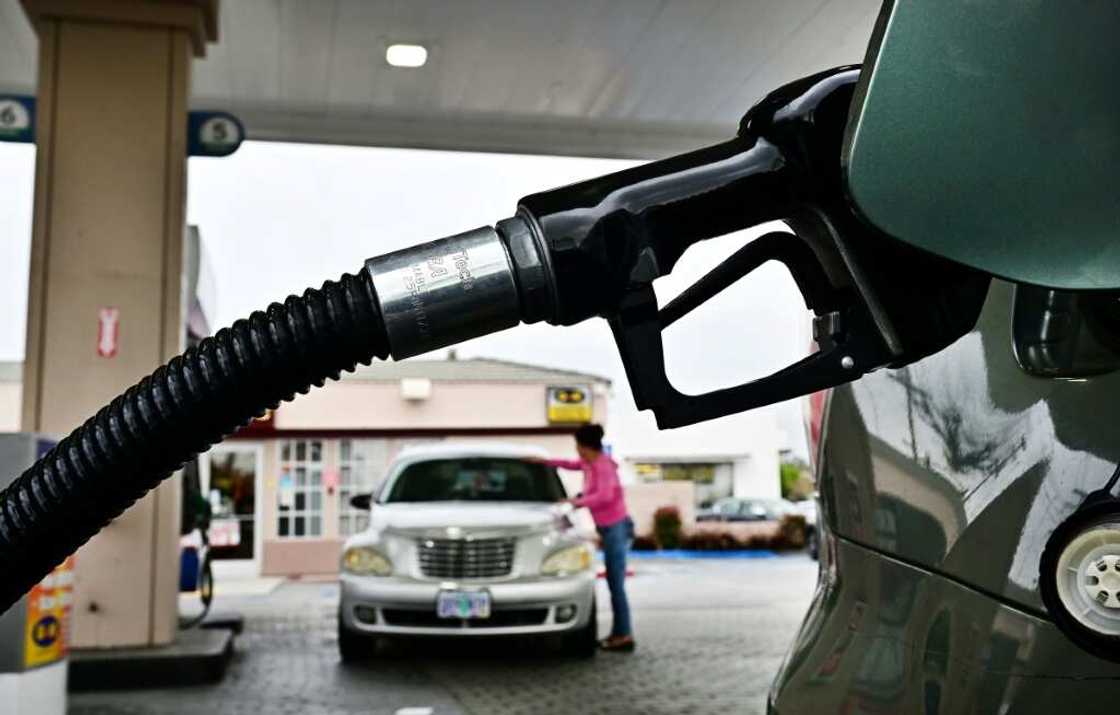
Source: AFP
North explains that as compared with January 2021, when price increases started ballooning, wages have cumulatively grown 18 percent.
But households have had to contend with larger overall upticks on expenses such as food, shelter and gasoline -- with cost increases ranging from 22 percent to 29 percent.
This is likely the reason that voters feel the economy is doing poorly despite job and wage growth, alongside relatively low unemployment levels.
"Does the man on the street care if GDP is 2.8 or 3.1? No, they want to know how the inflation is affecting them," said North. "It's been pretty hard to swallow over the past few years."
Workers may have had 17 months of positive real wage growth, but they had 25 months of negative growth prior to that, ZipRecruiter chief economist Julia Pollak noted.
With workers accustomed to positive wage growth prior to the coronavirus pandemic, many still feel like their salaries need to catch up, she added.
Overreliance on credit
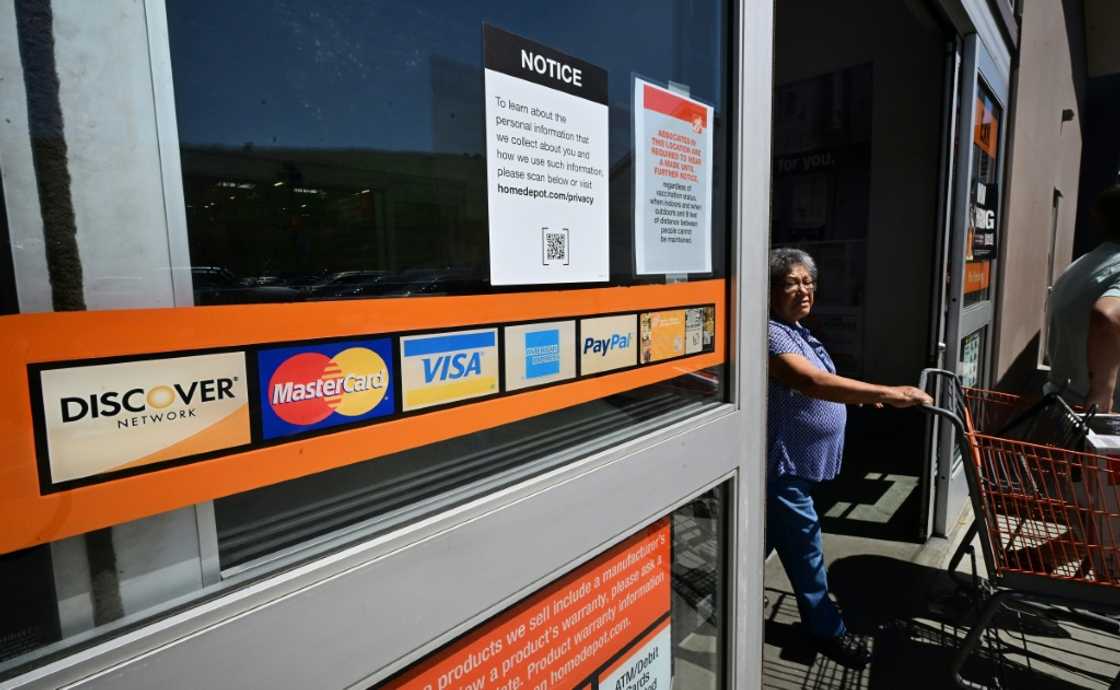
Source: AFP
Consumers are also turning to credit cards and dipping into their savings to fund spending, piling pressure especially on lower-income households and younger people.
Economists point to higher credit card delinquencies in recent years.
Credit card delinquency rates hit a near 12-year high in the first quarter this year, according to a report published in July by the Federal Reserve Bank of Philadelphia.
On Wednesday, the biggest support to GDP growth will be from consumer spending, with business investment set to "pack another positive punch," said Oxford Economics deputy chief US economist Michael Pearce.
"Election uncertainty could shave some off business investment in the fourth quarter, but the effects are not normally that large," Pearce told AFP.
He added that the GDP growth figure is unlikely to sway the Federal Reserve's interest rate decision next week.
PAY ATTENTION: Сheck out news that is picked exactly for YOU ➡️ find the “Recommended for you” block on the home page and enjoy!
Source: AFP


